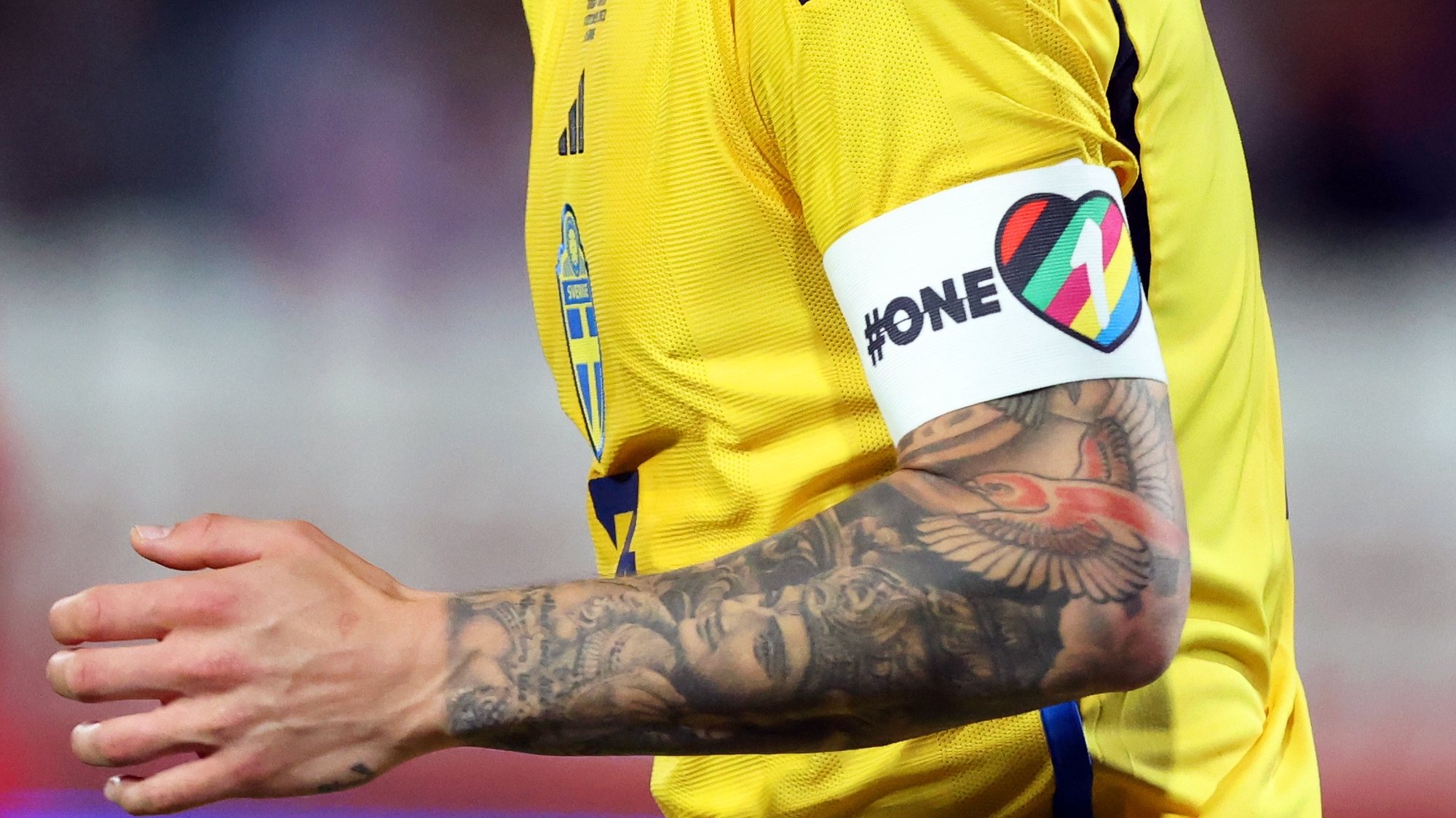The “OneLove” bracelet is, for now, sold out. In the last two weeks 10,000 units were sold. Alluding to LGBTQIA+ rights, in favor of tolerance and non-discrimination, it was banned by FIFA from the World Cup stadiums in Qatar, under penalty of sporting sanctions for the team captains.
It was precisely this decision of the highest soccer body that generated the race for the object that is now the symbol of the defense of human rights in the soccer world cup: “The big one boom It came with the World Cup and, of course, after FIFA declared that it did not allow team captains to wear armbands on the pitch.”, said Roland Heerkens, CEO of Badge Direct BV, a company from the Netherlands, based in the city of Utrecht, responsible for the production of the piece, quoted by Reuters. Orders are now coming from all over the world: the European Parliament, for example, ordered 500, the CEO said.
The armbands were created in 2020 as part of an inclusive campaign by the Royal Dutch Football Association (KNVB) to promote tolerance and non-discrimination. They cost €4.99. Soon, another 10,000 units will be available in the KNVB online store.
FIFA banned LGBTQIA+ armbands at the World Cup. But the former English player defied the order and took it to the pitch
Several European teams (England, Wales, Belgium, Denmark, Germany, the Netherlands and Switzerland) made public their intention to wear this bracelet in allusion to the rights of the LGBTQIA+ community, when they entered the field, this in a country where it is considered the homosexuality. Crime: Offering to pay fines related to equipment rule violations.
Nevertheless, FIFA banned and threatened sanctions, including yellow cards for the captains: “FIFA has been very clear, it will impose sporting sanctions if the captains wear armbands on the pitch. As national federations, we cannot ask our players to risk sporting sanctions, including yellow cards,” the seven federations clarified in a joint statement.
But the doublet came when entering the field of play. All thanks to the fact that the journalist Alex Scott, a BBC sports commentator and former footballer, ignored the rules that prohibit the armband and wore it at the Khalifa International Stadium, while watching England’s game against Iran.
The bracelet was just one of the elements alluding to human rights prohibited by FIFA in what is already known as the “world of controversy.” Denmark’s request to train in jerseys with the message “human rights for all” was denied and the Belgian was forced to remove the “love” embroidery from the away jersey.
Source: Observadora
